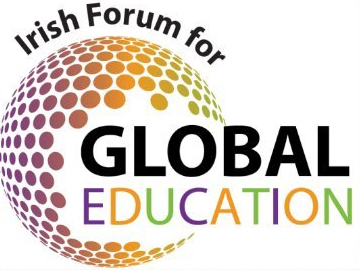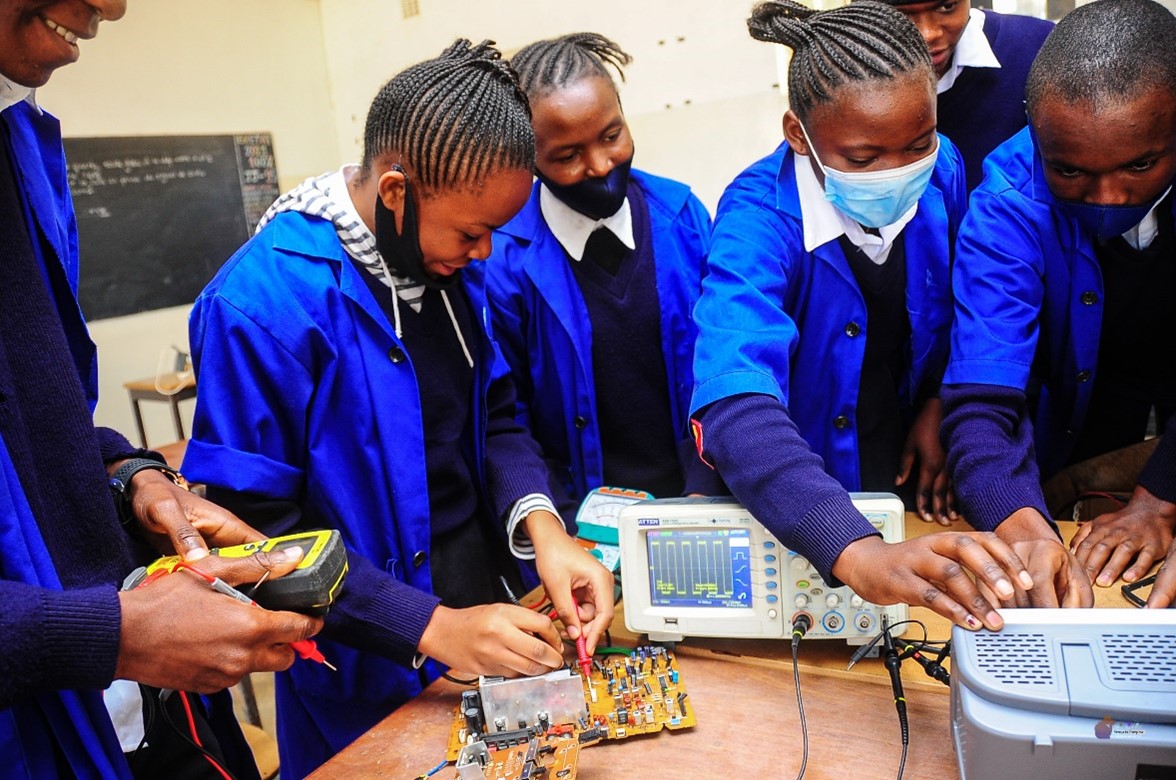By Ponke Danker, Coordinator of the Irish Forum for Global Education
When we commemorated the ninth International Day of Women and Girls in Science on 11th February we invited you to join us in the vital mission to champion the cause of women and girls in science. This poses the question how to achieve this.
With more girls enrolled in education than ever, they still must overcome greater challenges than boys in accessing and completing a quality education in science. Fewer opportunities in STEM fields, meaning Science, Technology, Engineering, and Mathematics, limited choices and career development, less encouragement to get involved in STEM subjects as well as negative stereotyping and gendered societal expectations keep girls from developing positive self-identities regarding their capacity in science. Those that do, often must fight prejudice and hostile learning environments.
This is why the newly published UNESCO Call to Action – Closing the Gender Gap in Science calls for early intervention in girl’s lives and education and provides a number of recommended actions that are direly needed in face of current statistics:
According to the Global Gender Gap Report 2023, Women make up 29.2% of all STEM workers compared to 49.3% of total employment across non-STEM occupations. The Report found that women are half as likely to take up employment in technology than men. The consequences are grave. With STEM jobs often being well renumerated, particularly compared to other sectors where women are overrepresented, such as the care sector, this prevents women from reaching the same prosperity, independence, and social status as men.
To overcome this, the UNESCO recommends nine educational strategies to overcome the STEM gender gap and to open educational pathways for girls in science. These include:
- Introducing science into the curriculum from an early age and ensuring that teachers employ methods that engage both boys and girls.
- Removing gender bias and stereotypes from teaching and learning materials and through training of textbook specialists ensuring gender-balanced and gender-equitable representation.
- Investing in scholarships, awards, and other incentives.
- Engaging parents and primary caregivers through school-based advocacy initiatives to counter misconceptions and gendered expectations.
- Prioritizing interactive interdisciplinary and equal learning environments with hands-on experiments and activities and ensuring the participation of girls in such, fostering a passion for inquiry and exploration.
- Allocating resources for extracurricular STEM programmes, including clubs, after-school activities, field trips, and summer immersion programmes to extend learning beyond traditional classrooms.
- Invest in specialised teacher trainings to equip them with skills to create a gender-responsive STEM education dismantling gender stereotypes.
- Provide gender-transformative counselling and guidance exposing students and parents with careers and job opportunities and providing exchange with female scientists as role models and mentors.
- Encouraging business to implement corporate social responsibility initiatives supporting women and girls in science through community outreach programmes and more.
For more details, see the report under heading 2: UNESCO Call to Action, Closing the Gender Gap in Science.
In the upcoming IFGE Online Lunchtime Event on 28th February, at 12.30pm – 2pm, Women and Girls in Science – Think Science … Think Girls … Think Global Education we invite you to an interview with Liberian Youth Advocate Jamesetta Pinky Gibson. She will speak from her experience choosing the path of science for herself. You will hear more about how stereotypes and gendered societal expectations posed challenges for her, what supports helped her, and what actions she recommends.
With the African Union recently proclaiming 2024 the Year of Education, it could not be more fitting that we are further turning our attention to Liberia and other African countries with Kate Daminatu Hunder giving an input on Liberia and Women in Science. Kate founded and directs exactly that kind of club which was recommended by the UNESCO, a Girls Tech Club. Moreover, IFGE member Misean Cara will address several projects of their members in African countries, who successfully empower girls in STEM.
<<< REGISTER HERE >>>
Read more about the ambitions for Africa’s education in this article by Nana Akufo-Addo, president of Ghana, and Jakaya Kikwete, former president of Tanzania and chair of the Global Partnership for Education. The authors call for education as key to unlocking Africa’s potential and a continued commitment to education.


